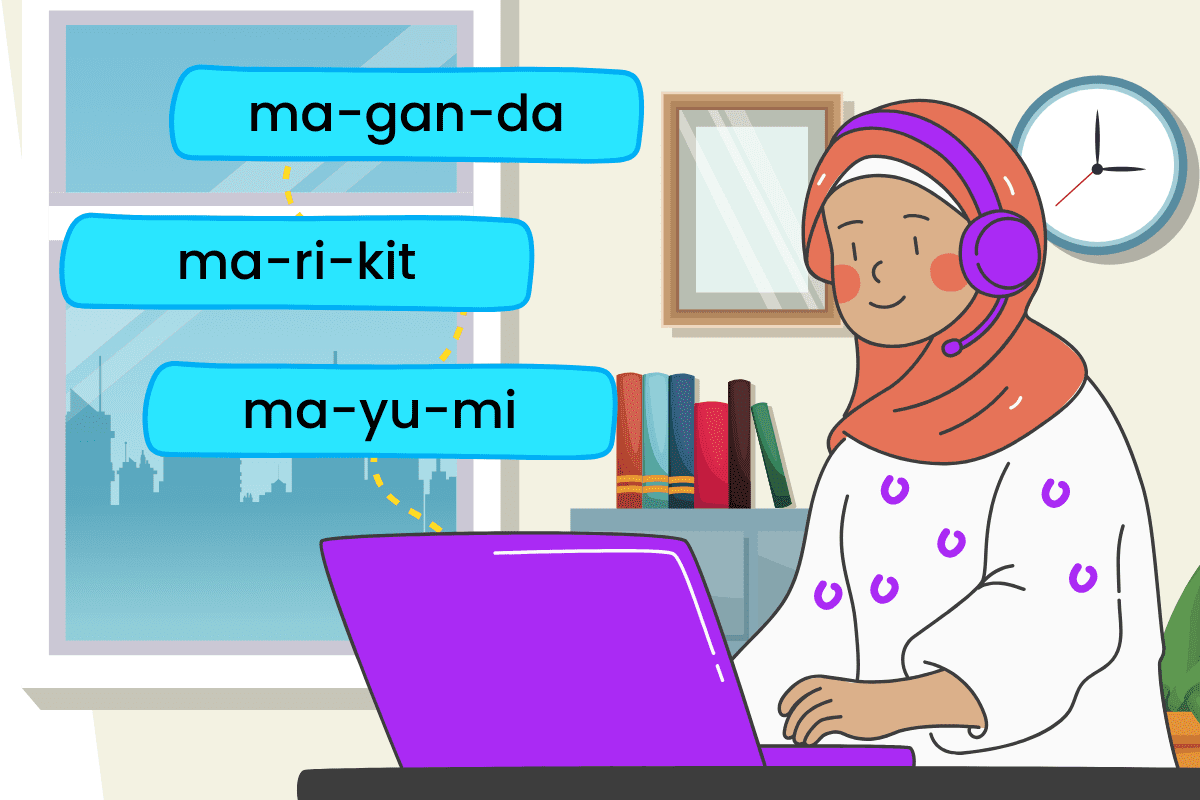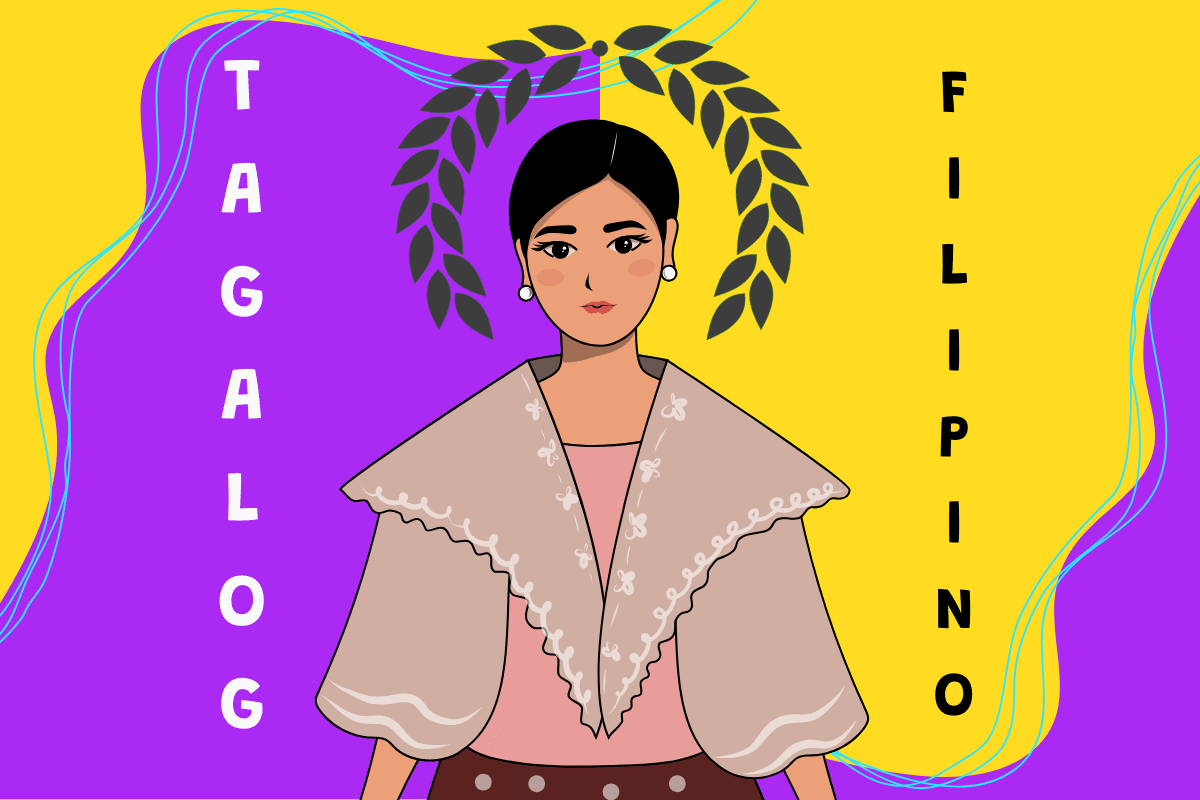Language is an essential part of our lives, whether spoken, written, or signed. It allows us to communicate our thoughts and socialize with other people. The reach of one language is already far-reaching; imagine having two, or even better, being a polyglot. So, what are the benefits of being bilingual or multilingual?
Before we get into that, let’s first define bilingualism and multilingualism.
Bilingualism is the ability to speak two languages. Meanwhile, multilingualism is the use of more than two languages. Multilingual people are also called polyglots.
While there is a blurry line on the fluency needed to be able to define someone as bilingual or multilingual, these are the general definitions most fall back on.
Benefits of Being Bilingual or Multilingual
There are several perks to knowing more than one language, some more observable than others.
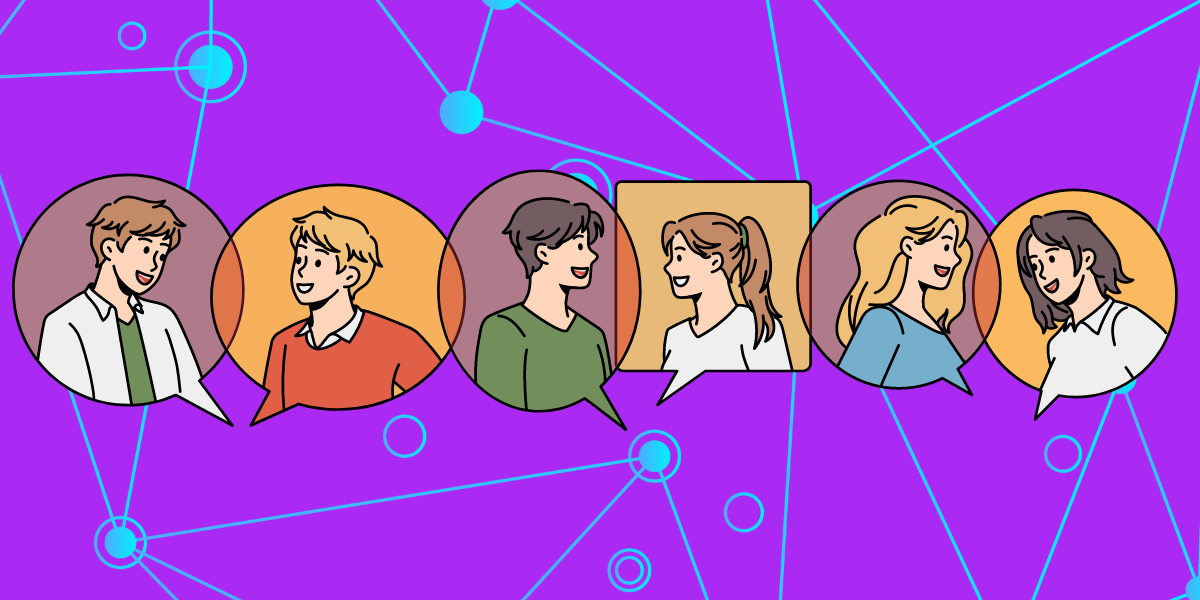
1. Enhanced Communication Skills
- Naturally, knowing multiple languages allows you to communicate with a variety of people, exposing you to certain nuances that may be unique to a certain language. This enables individuals to connect with people and communities on a deeper level.
- Whether engaging in cross-cultural exchanges, forging international business relationships, or simply talking to friends from different linguistic backgrounds, the ability to speak multiple languages fosters empathy, understanding, and mutual respect, bridging linguistic and cultural divides with ease.
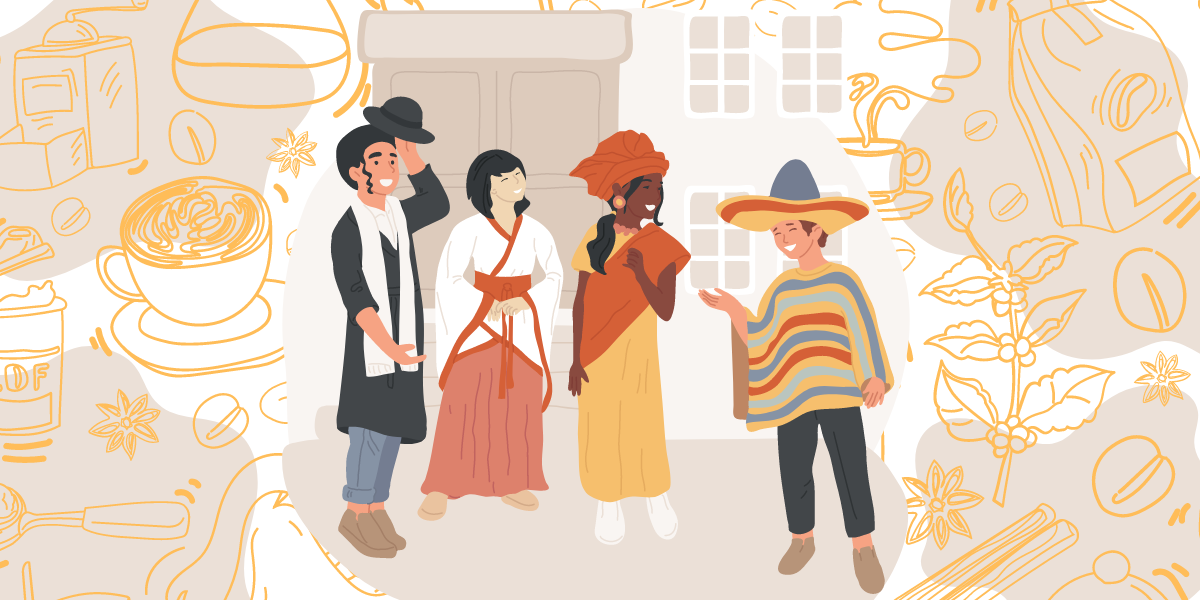
2. Cultural Connection
- Language is the gateway to culture. It embodies the collective wisdom, beliefs, values, and traditions of a community, offering a window into the soul of a culture and its people.
- Stories are shared across generations through language, whether orally or through written media. They contain a wide range of human emotions and a wealth of information that can only be accessible through understanding.
- This understanding then enables you to connect with several cultures on a deeper level. Whether through literature, music, film, or everyday conversation, language enables us to forge connections with people from different linguistic and cultural backgrounds.
- Furthermore, language is a dynamic and ever-evolving phenomenon that reflects the changing realities of the societies in which it is spoken. As cultures evolve and adapt to new circumstances, so too do their languages, incorporating new words, expressions, and idioms that reflect the shifting currents of social, political, and technological change.
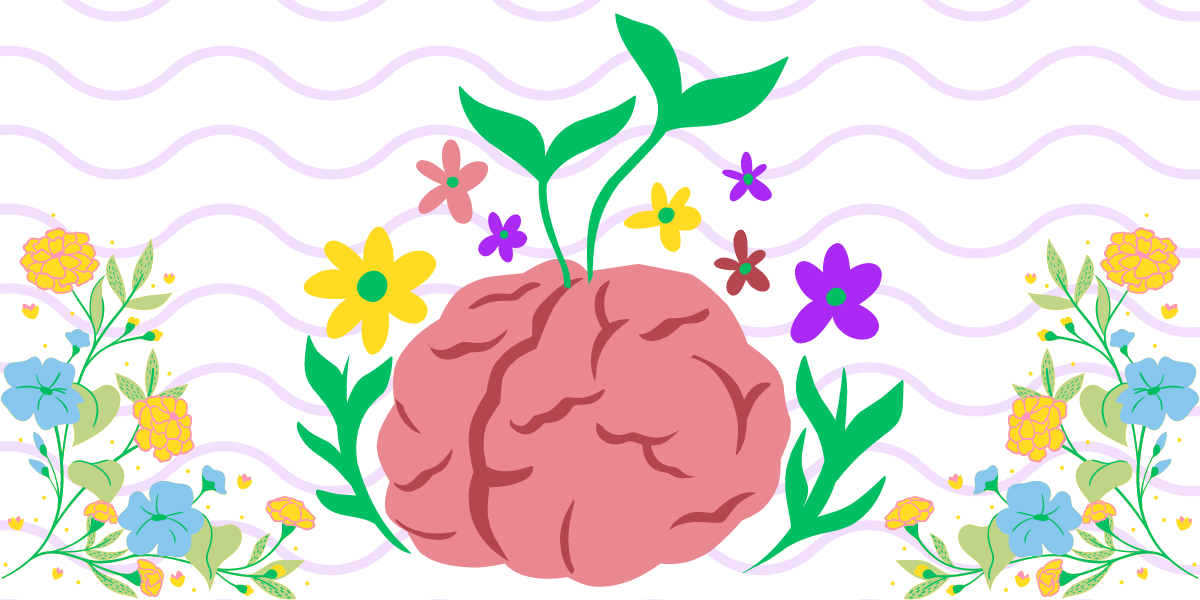
3. Cognitive Advantage
- Research from multiple sources has shown that being bilingual or multilingual can benefit your cognitive abilities.
- One of these benefits is cognitive flexibility, or the brain’s ability to adjust and adapt according to the environment. Knowing multiple languages gives you multiple perspectives, aiding you in complex problem-solving and creativity.
- Another benefit, according to a study from PubMed, is that lifelong bilingualism can protect against or delay the onset of Alzheimer’s disease. This is due to its effect on cognitive reserve, the brain’s utilization of ‘reserved thinking abilities’ to protect itself from the effects of aging or neurological conditions.
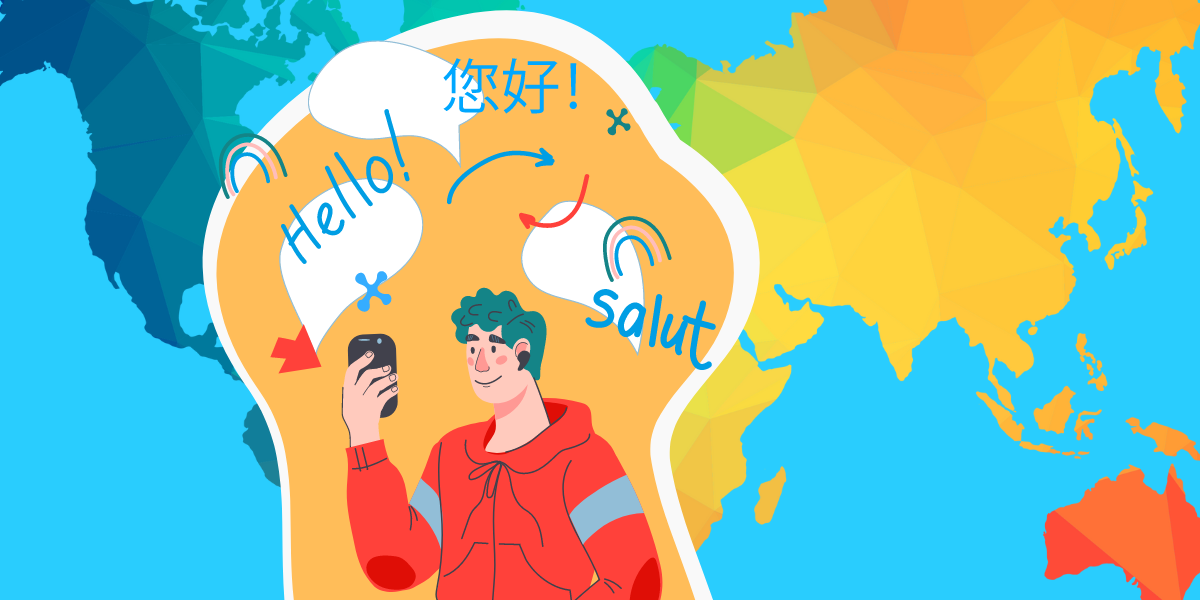
4. Improve Language Learning
- According to a journal article from the National Library of Medicine (NLM), bilingual and multilingual people possess the ability to process information in the environment faster. This is especially helpful in learning another language.
- The article states that bilingual people have an easier time learning a third language than a monolingual person learning a second language because they are used to processing competing information.
- Additionally, knowing several languages allows you to identify patterns, whether intentional or not, that help retain information when learning another language. For example, using similar-sounding words as mnemonics.
Challenges of Being Bilingual or Multilingual
Yes, fluency in several languages comes with several benefits, but it also comes with downsides

1. Language Interference
- When juggling languages, it’s inevitable to have mixups. This applies to words, slang, or even the grammar. These mixups can result in miscommunications, causing frustration between parties.
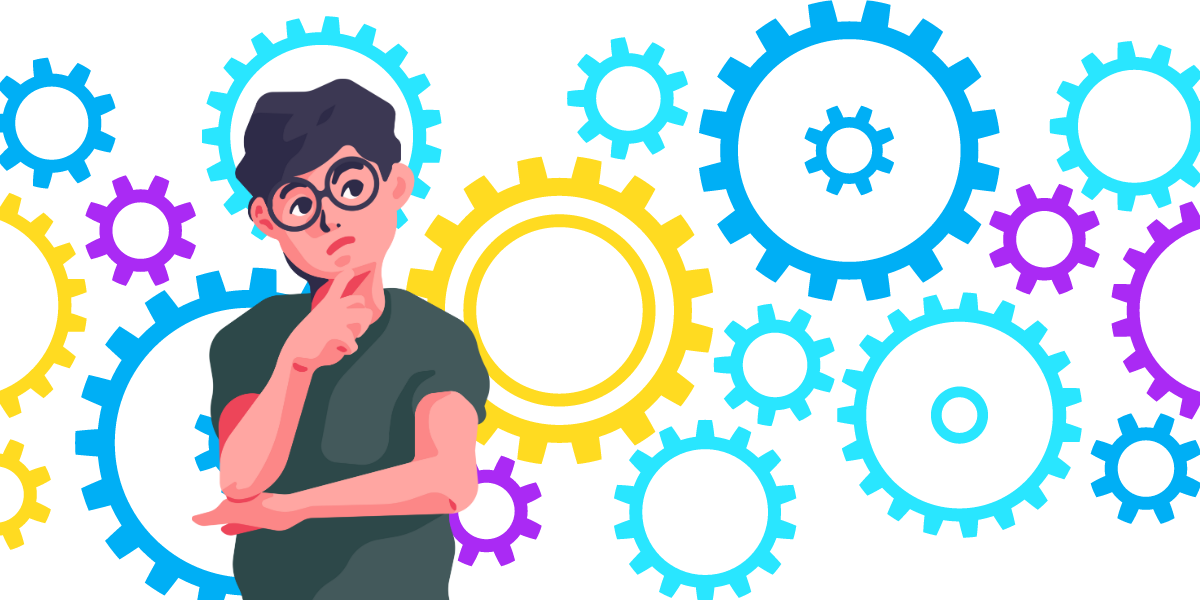
2. Proficiency Maintenance
- Learning a language is hard, and so is maintaining your fluency. Each language is like a machine you need to frequently oil and use so that it doesn’t rust and degrade over time.
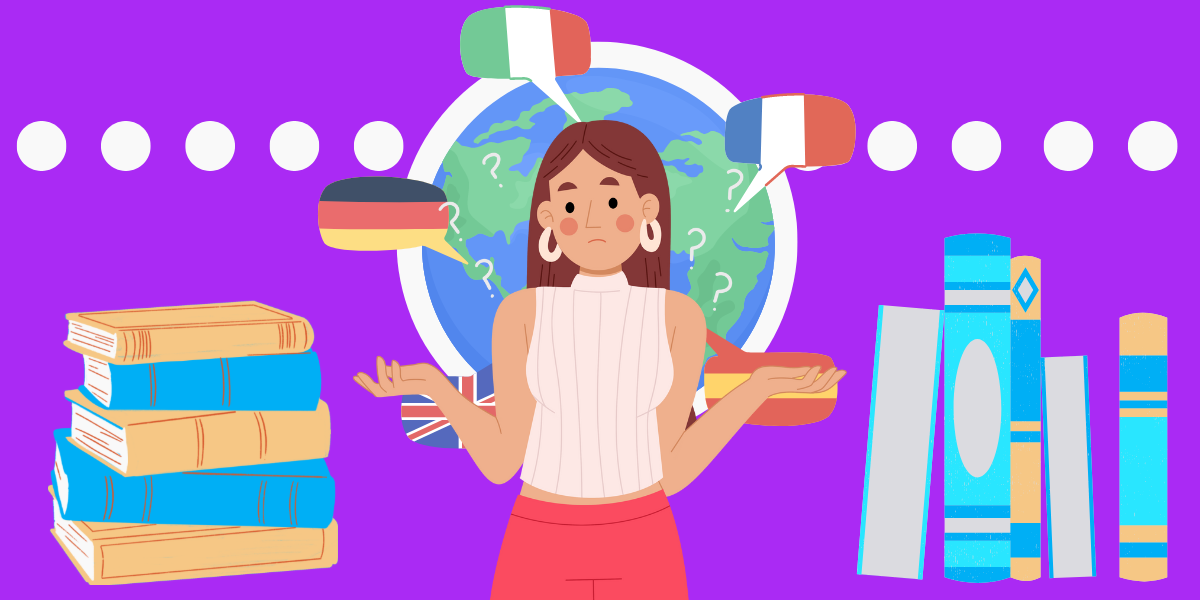
3. Language Attrition
- Connecting to the lack of maintenance in a language, this results in language attrition or the loss of language competency. This is usually caused by preferring to use one language over another more frequently, whether it is unintended or brought upon by societal pressure.
- First language attrition, or the loss of fluency in your first language, can even psychologically affect someone. After all, your first language is usually your “mother tongue” and connects you to your culture.
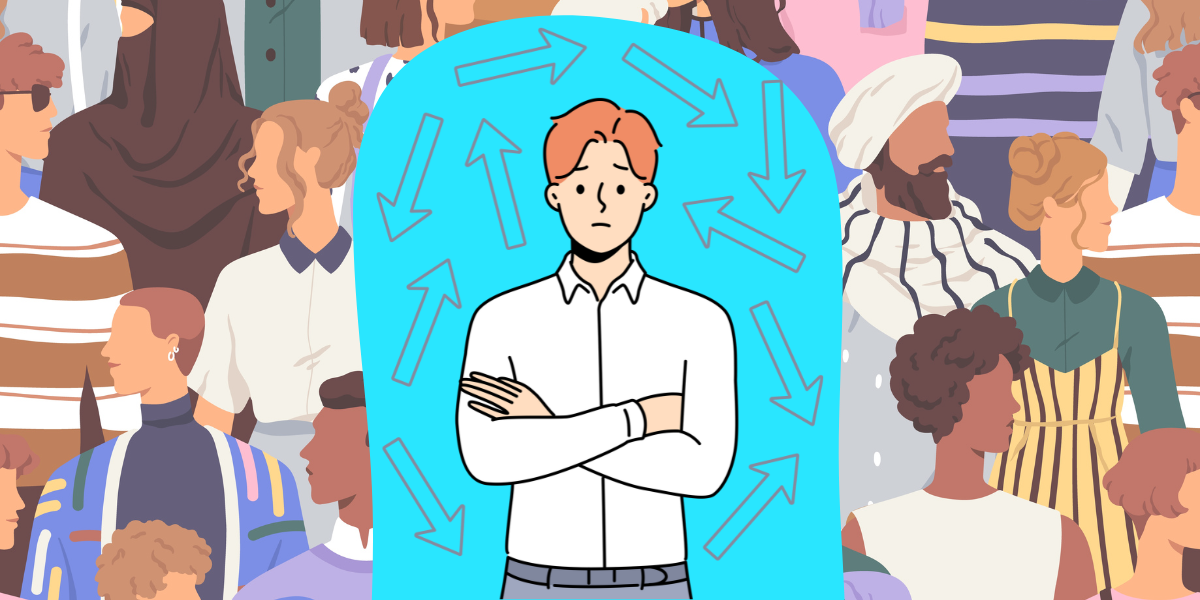
4. Identity and Cultural Conflict
- One disadvantage that is not quite talked about is the crisis that comes with having ties to multiple cultures. There is a struggle to reconcile conflicting or competing cultural norms, values, and expectations, often leading individuals to feel torn between different cultural identities.
- One might feel that they don’t exactly belong to each of these cultures, making them feel disconnected and isolated.
- Moreover, the experience of cultural crisis can be exacerbated by external factors such as discrimination, prejudice, and marginalization based on cultural background. In situations where individuals are made to feel like outsiders or “other” because of their cultural heritage, the sense of disconnect and isolation can be made worse.
What Do You Say?
The benefits of being bilingual and multilingual in today’s globalized world cannot be emphasized enough. It helps bridge language barriers, facilitate intercultural communication, and forge meaningful connections with people from different backgrounds and walks of life.
While knowing multiple languages can have downsides, the pros outweigh the cons. By embracing the gift of language diversity, we not only enhance our ability to communicate with others but also deepen our understanding of the world and our place within it.
If you’re looking for a new challenge, how about learning Tagalog? For the best guide in this new journey, here’s Turong Wika.
Turong Wika’s strength as a Tagalog-learning app is its focus on conversational Tagalog. It goes into the basics using examples you can easily use in real-life situations.
In addition to the lessons, there are also other features that can help you retain what you’ve learned, such as the Practice feature. Simply pick a topic and choose how many items you want to answer from five to 25.
There’s no better time to learn Tagalog than now. Scan the code below to download the app now!
There’s no better time to learn Tagalog than now. Click on the button below to download the app now!




